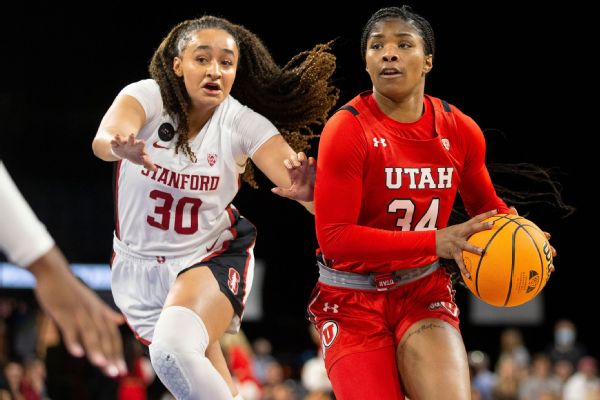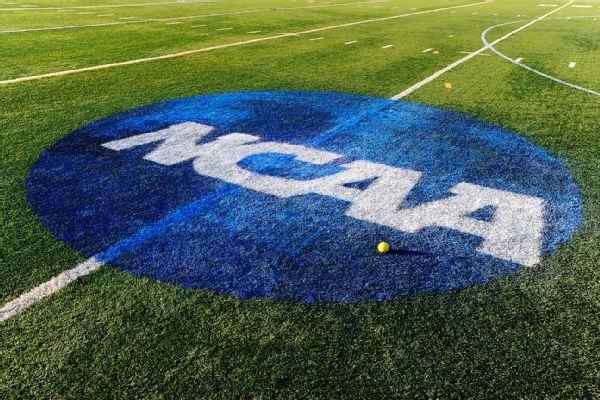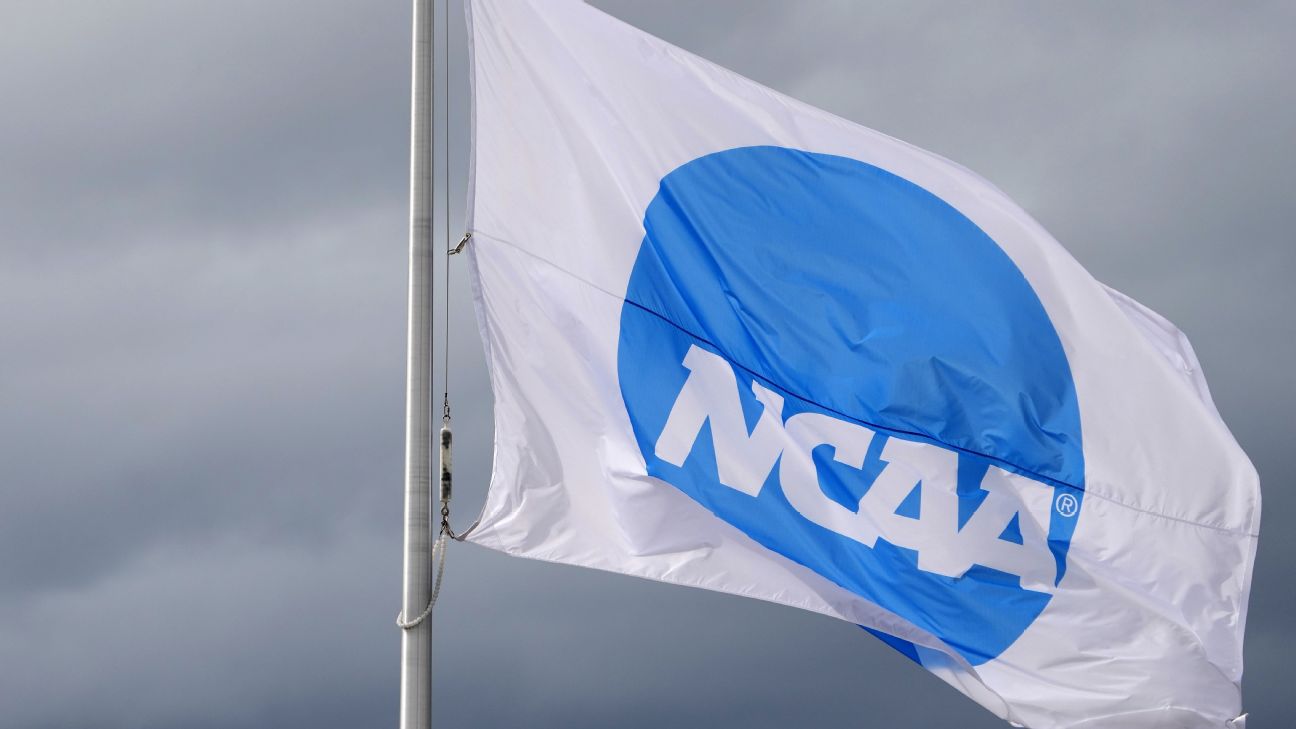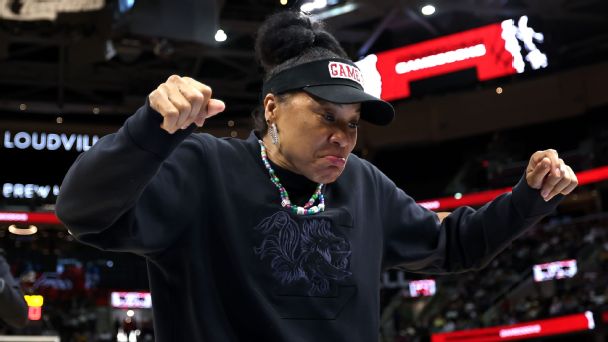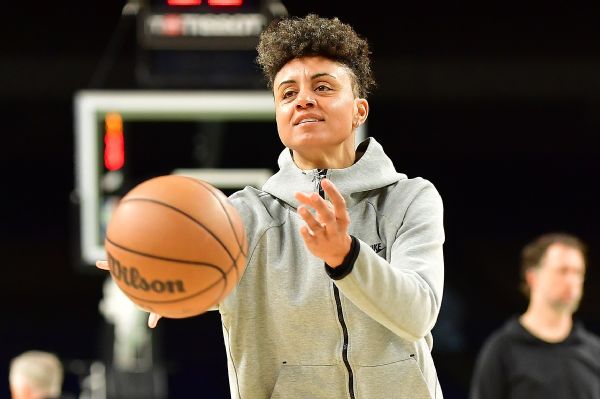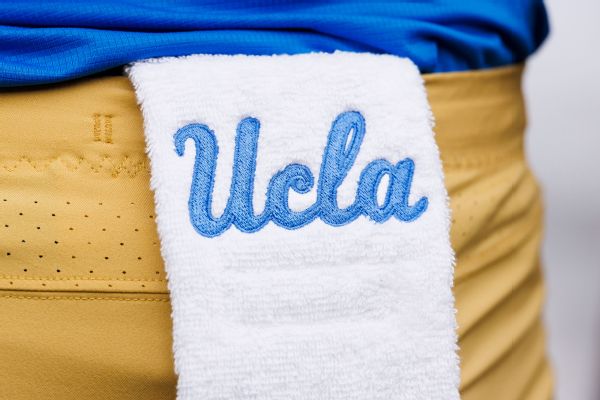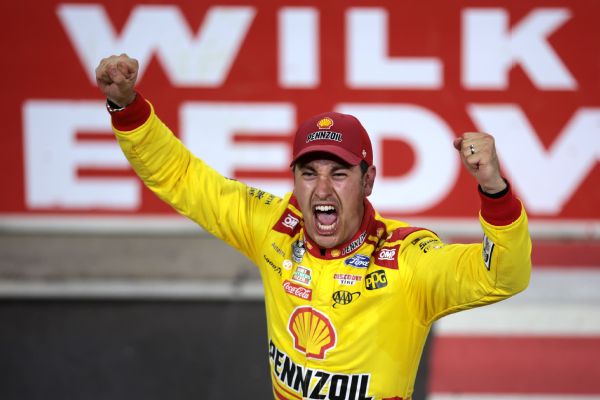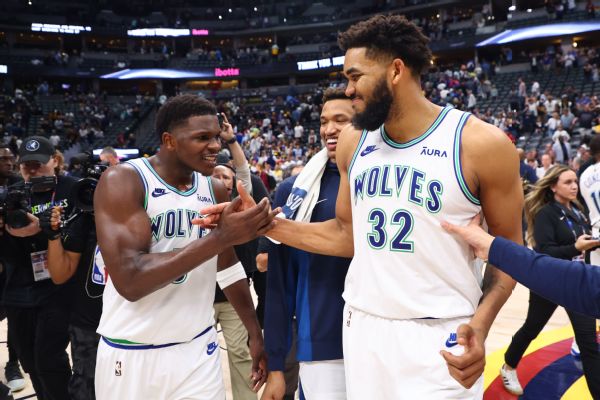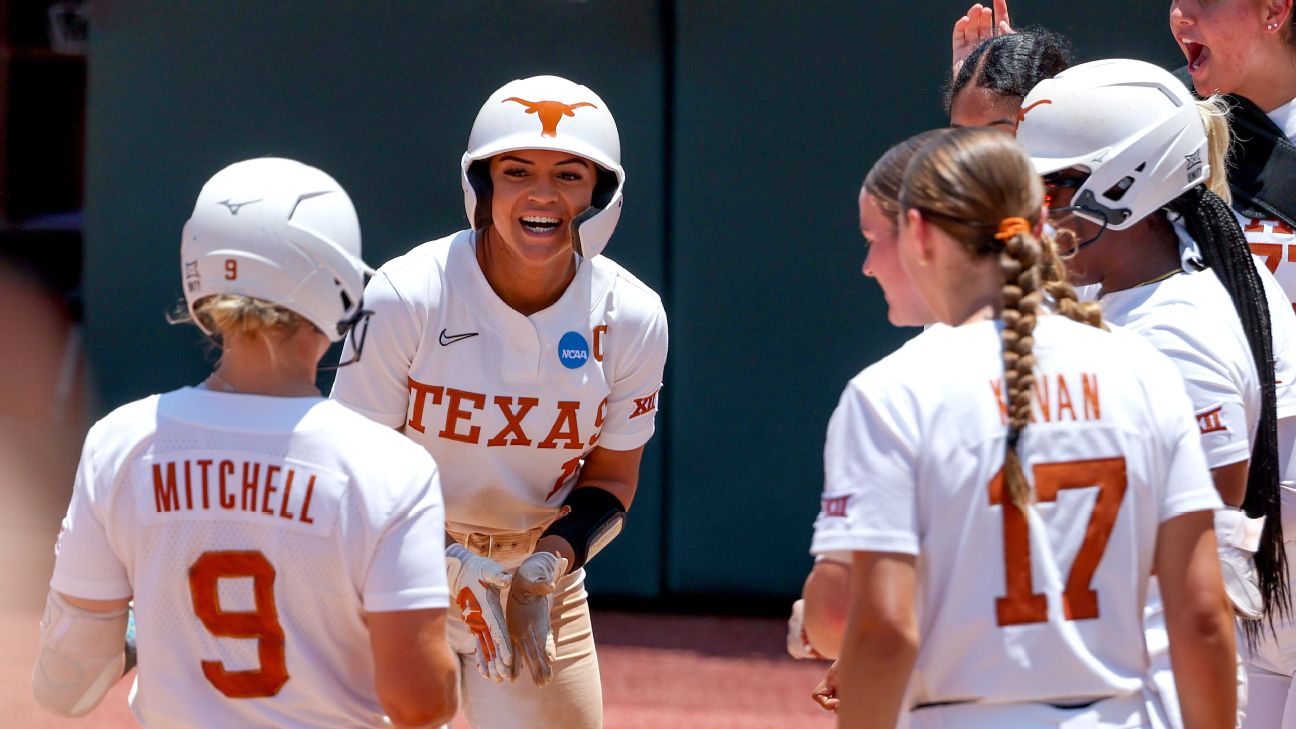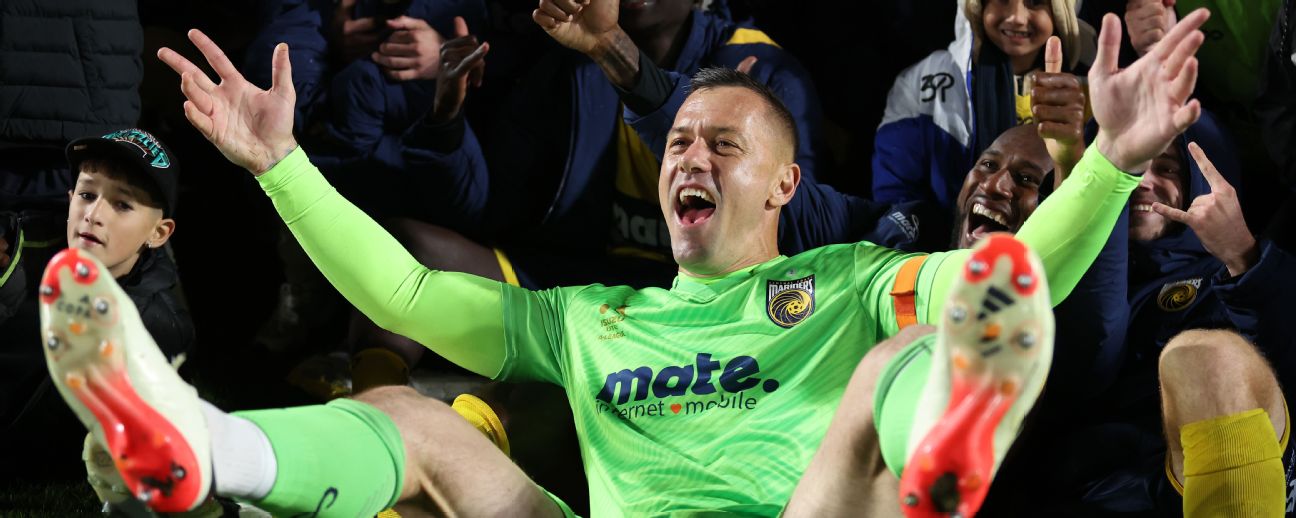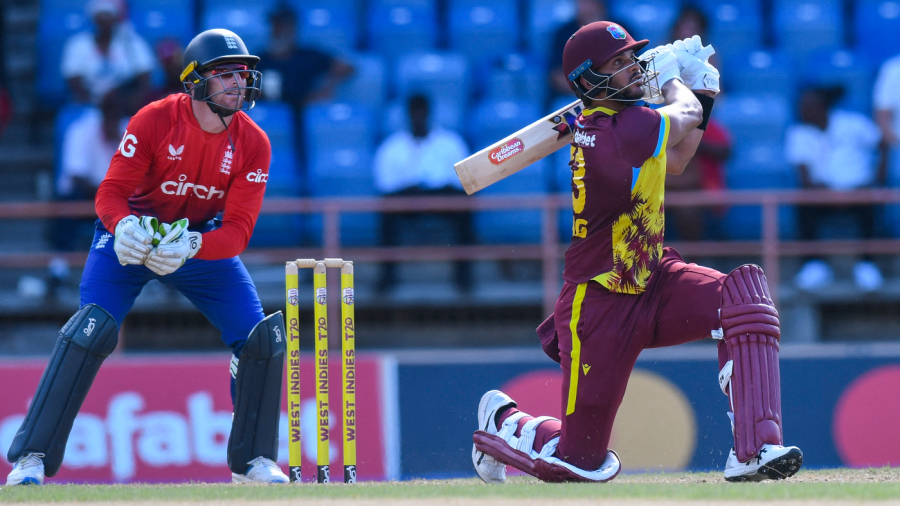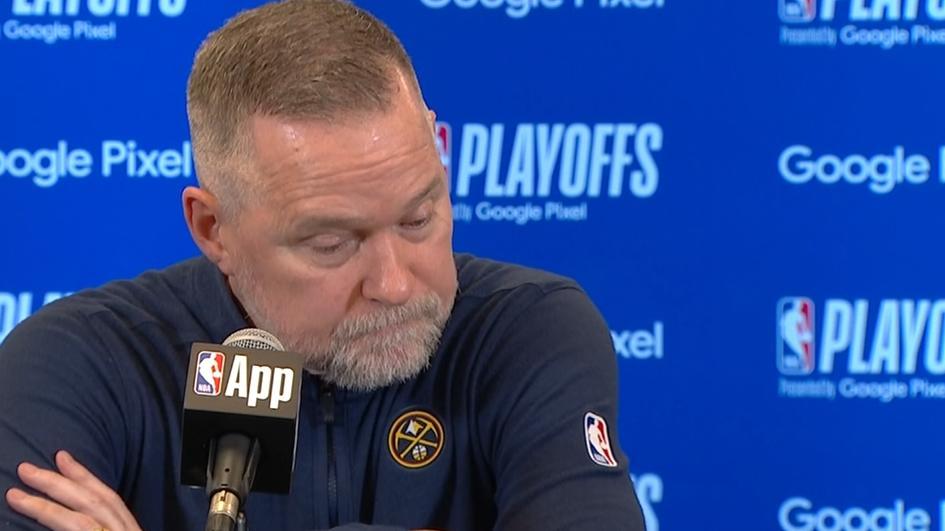![Rick Carlisle [600x400]](https://a.espncdn.com/photo/2023/1026/r1243921_600x400_3-2.jpg)
Ex-UFC stars Silva and Sonnen to box next month
NEW YORK -- The Indiana Pacers made an organizational decision to not make officiating an issue either publicly or privately earlier this week when several vital calls went against them in their Game 1 loss to the New York Knicks.
But Pacers coach Rick Carlisle abandoned the strategy Wednesday, erupting in the final minute of the Knicks' 130-121 Game 2 victory that gave them a 2-0 lead in the Eastern Conference semifinals.
Carlisle received two technical fouls and was ejected. He was upset about several calls, especially when officials reversed a double-dribble violation that could have given the Pacers a key possession with the game still in doubt.
That was the opposite of what happened in Game 1, in which a kicked ball violation was called in error against the Pacers but not corrected, a decision that ended up costing the team three vital points.
Carlisle reached his boiling point in Game 2. He said the Pacers identified 29 questionable calls they said went unfairly against them Monday night but elected not to send them to the league office for review. They will be making another edit from Wednesday's game and sending it this time, Carlisle said.
"I decided not to submit them because I just felt like we'd get a more balanced whistle tonight. It didn't feel that way," Carlisle said. "I'm always talking to our guys about not making it about the officials, but we deserve a fair shot."
The Knicks outrebounded the Pacers 26-13 and racked up 67 points in the second half after the Pacers had taken a 10-point lead at the break. The Knicks, as is their custom, were relentless in chasing and acquiring loose balls and flying around on defense, often causing contact.
The Madison Square Garden crowd, which was elated when star Jalen Brunson returned in the second half after missing the entire second quarter to deal with a right foot issue, made the environment hostile for the Pacers, and Carlisle said he believed it led to unfair officiating favoring the big-market Knicks.
"Small-market teams deserve an equal shot," Carlisle said. "They deserve a fair shot no matter where they're playing."
The Pacers will have to examine their defensive film as well. After allowing the Knicks to shoot 65% in the second half in Game 1 as they lost a lead, the Knicks shot 67% in the third quarter of Game 2. The Knicks erased a 10-point deficit by outscoring Indiana 36-18 behind Brunson's return, flipping the game.
"Let's not pretend like [officiating] is the only reason we lost; we just didn't play good enough," said Tyrese Haliburton, who scored 34 points in bouncing back from putting up just six in Game 1. "We just got to be better."
One other issue for the Pacers' review is how to guard Brunson. Backup guard T.J. McConnell was somewhat effective in slowing Brunson in Games 1 and 2. But Carlisle took him out with seven minutes to play and the Knicks up just two points, replacing him with starter Andrew Nembhard.
Brunson scored 10 of his 29 points down the stretch with Nembhard as his primary defender and is 14-of-21 shooting for 33 points against Nembhard over the first two games, according to ESPN Stats & Information research. Carlisle said he considered bringing McConnell, who had a plus-10 plus/minus on the night, back in but decided against it because it wasn't how the team has played throughout the season.
McConnell supported his coach's decision.
"Rick is a Hall of Fame coach and has been doing this for a long time, so the rotations that he plays, we trust that they're the right ones, and I fully support him," McConnell said. "Whenever my number is called, I'll be ready, and if that means I have to be over on the bench supporting my team."


